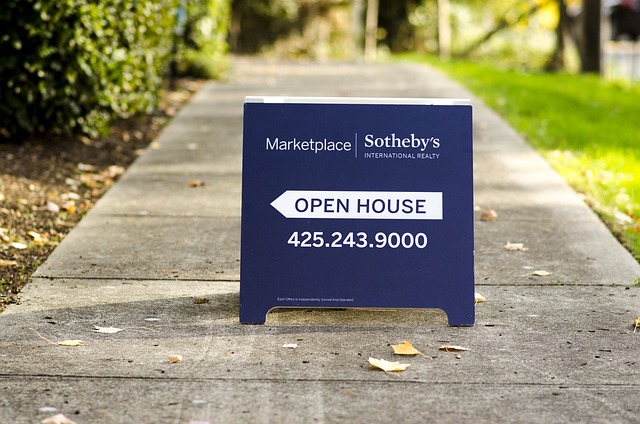Tenants seek flexibility in real estate through short-term leases and customized spaces, reflecting a trend towards innovation and adaptability. Homeownership offers long-term financial gains, equity building, and stability compared to renting, though it requires significant upfront investment. The choice between renting and owning depends on preference for flexibility versus security and long-term wealth goals.
In the dynamic world of real estate, understanding the balance between flexibility and ownership is key. This article explores two contrasting sides of the housing spectrum—the benefits of flexibility for tenants and advantages of long-term ownership for investors. Weighing the pros and cons, from short-term convenience to potential financial gains over time, this guide helps individuals navigate their real estate choices, ensuring an informed decision that aligns with personal needs and aspirations.
Flexibility in Real Estate: Benefits for Tenants

Tenants in today’s dynamic market are increasingly prioritizing flexibility in their real estate arrangements, and for good reason. Flexibility in real estate offers a host of benefits tailored to meet modern lifestyles and professional demands. For instance, short-term leases provide tenants with the freedom to uproot and relocate without the burden of long-term financial commitments, aligning with the unpredictable nature of career paths. This agility is especially appealing to younger generations or those pursuing transient careers like freelancers or startups.
Moreover, flexibility translates into customized space options, be it co-working spaces for professionals seeking a change of scenery or micro-apartments designed for minimalists and solo dwellers. Such arrangements cater to individual needs, promoting productivity and life satisfaction. In the realm of real estate, this trend towards flexibility is not just a convenience; it’s a game-changer that empowers tenants with control over their living or working environments, fostering innovation and adaptability in a constantly evolving world.
Ownership Advantages: Long-Term Financial Gains

Ownership offers distinct advantages, particularly in terms of long-term financial gains within the real estate sector. When you own property, you have the potential for significant wealth accumulation over time. Appreciating asset values and the ability to generate passive income through rental properties are key benefits. As a homeowner, you can build equity by paying off your mortgage, allowing you to gain more control over your financial future.
Unlike renting, where your payments go towards someone else’s asset, ownership provides an opportunity for long-term investment. This financial security and the potential for increased wealth transferability are significant advantages that can improve one’s overall economic well-being.
Balancing Act: Choosing Between Flex and Owning

In the realm of real estate, the age-old debate between flexibility and ownership benefits continues to intrigue potential buyers and investors. It’s a balancing act that requires careful consideration. On one hand, renting offers unparalleled flexibility; it allows individuals to explore different neighborhoods, embrace change, and adapt to life’s unpredictable twists without tying themselves down financially. This freedom is particularly appealing for those who value mobility, whether it’s career-driven professionals frequently transferring or young adults experimenting with various lifestyles.
However, ownership presents a different picture—a sense of stability and permanence. Becoming a homeowner provides long-term financial security, as property values tend to appreciate over time. Owning also offers control over one’s living space, the freedom to renovate and customize, and peace of mind knowing that your home is secure without the fear of rent increases or lease renewals. While it may require a significant initial investment, many see it as a valuable asset and a solid foundation for building wealth in the long run.






